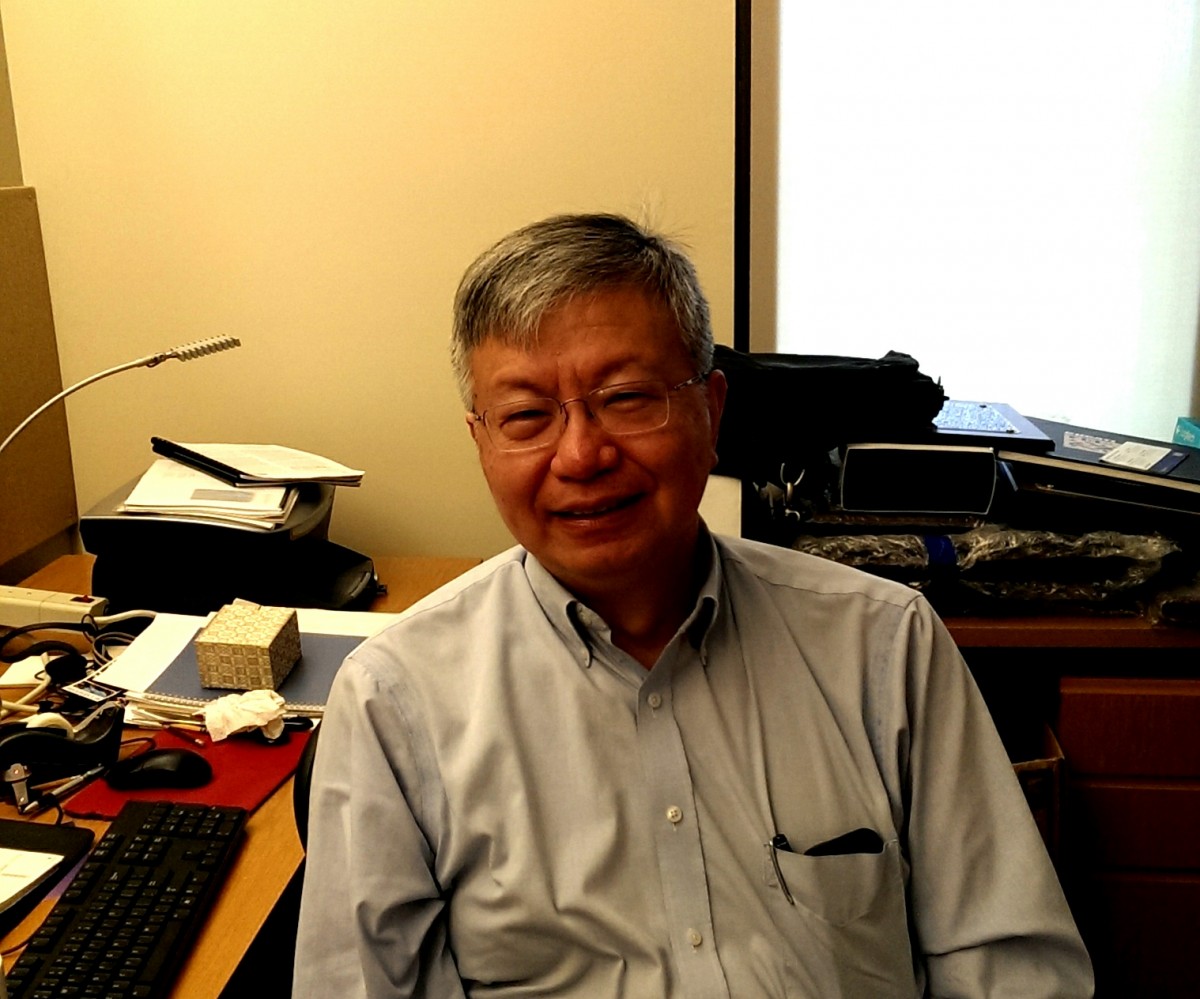Continuing our conversation with Hau Lee. This is second part of our three-part interview with the Thoma Professor of Operations, Information and Technology at the Stanford Graduate School of Business. Click here for the first part of the conversation
[soundcloud url=”https://api.soundcloud.com/tracks/212888590″ params=”auto_play=false&hide_related=false&show_comments=true&show_user=true&show_reposts=false&visual=true” width=”100%” height=”450″ iframe=”true” /]
Read the transcript below:
“Creativity only comes from when you know what’s out there where the customers are – you can not be creative in a vacuum”
[kpakpakpa.com] Based on companies that you have worked with in Africa, what will you say the biggest challenge is in the manufacturing industry?
[Hau Lee] In my experience and several of my colleagues experiences, the number one thing is that we have to overcome the confidence issue of the owners of these factories in Africa. Many of them are very happy with their current scale of production – running a plant with 50 or 100 people. Some believe that they have already achieved more than what their father was able to, so why push more. What we need is people who can tell these people that they have the advantages, they have the opportunities to do much more than what they are currently doing.
The other one that is a major obstacle is the lack of understanding of the rules and regulations, so it makes people not willing to take any risks.
“What these kids need to hear is that there is a whole world out there and that their country is rich in resources and there are possibilities”
A colleague of mine, another Stanford Professor, found out that the problem really starts with high schools when he taught a bunch of lessons at high schools in Ghana. What he found was that a lot of the high school kids lacked confidence and very few of them aspire to start their own companies or run their own factories because to them it can be viewed as a risk or their parents and people around them have never made them think that it is a possibility for them.
So another issue is the lack of good role models for these students to look up to. What these kids need to hear is that there is a whole world out there and that their country is rich in resources and there are possibilities out there that they just need to be exposed to.
[kpakpakpa.com] That is one of the things that we are trying to achieve with kpakpakpa.com, creating this culture where Africans are exposed to people who make things with the resources around them, so that people know it’s possible to build their own companies, make their own products, start their own factories.
[Hau Lee] Exactly, you can use this website to introduce the youth to new companies and role models that they can aspire to be like.
[kpakpakpa.com] What would African manufacturers have to do to be competitive in the global economy?
[Hau Lee] If you try to do too many things, it will be very hard to have the same scale compared to China. So the first thing you have to do is to look for things that the other countries and major manufacturing centers are not doing. For instance in China, there are many tiny cellphone companies called Shanzai. A lot of these Shanzhai phones are copycats and imitation phones. Now it turns out that not all of them are copycat or pirated phones. Many of them survive by looking at the big guys – “Well, the big guys are not making certain types of phones, so there’s a crack and a niche market” So they build things that are able to serve the niche market and they are successful doing so. I will say that African companies need to do the same – find and serve niche markets.
“That’s one thing we are trying to achieve with kpakpakpa.com – creating this culture where Africans are exposed to people who make things……..so that people know it’s possible to build their own companies, make their own products, start their own factories”
The hard part is, if you have not been exposed to the outside, you do not know what is needed, you don’t know the gaps and the potential, you don’t know what these big guys are not serving for you to serve this niche market and produce something unique that the Chinese can not make as good as Africans can. Maybe there are certain crafts that include African culture and there are certain countries that like these products. So the key is exposure – exposure is so important. Of course, maybe a lot of young Africans cannot travel, so you can’t say come to the U.S for three months and open your eyes to the opportunities. So I will say that the web is a very powerful medium for exposure. It is not comparable to leaving abroad, but it is so much better than only knowing your neighbors or knowing what your friends and family can do. It allows you to see what other’s needs are and what they can do. Creativity only comes from when you know what’s out there where the customers are – you can not be creative in a vacuum.
Continue here for the last part of the three-part conversation with Hau Lee.

